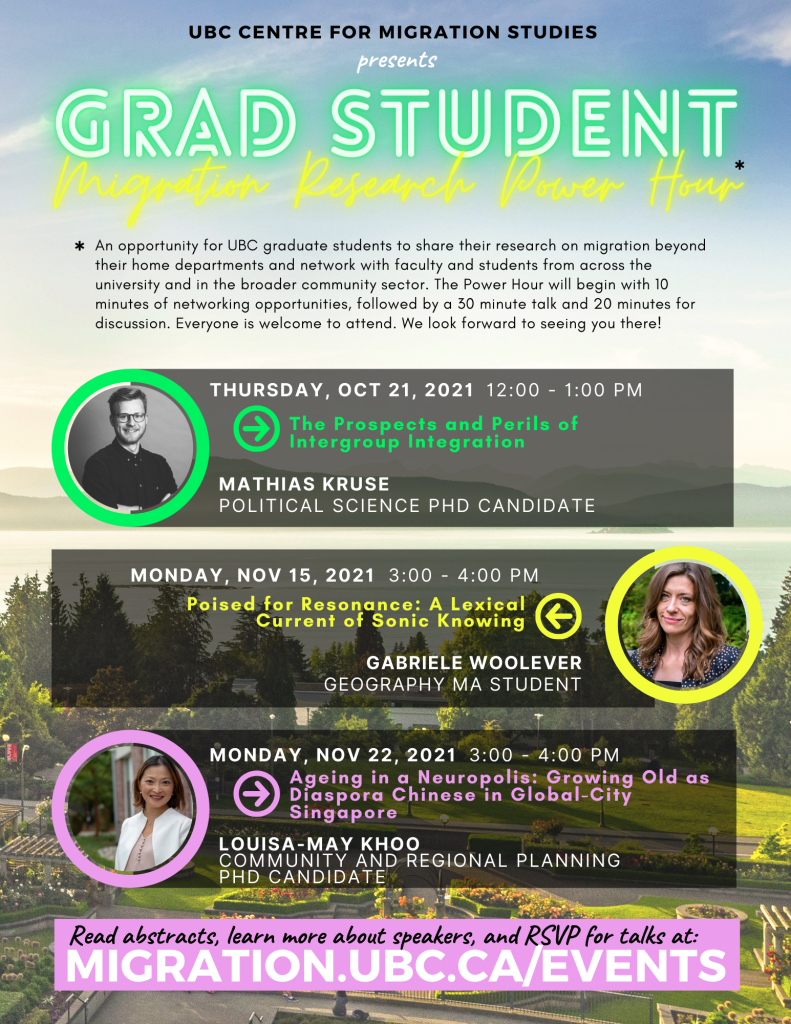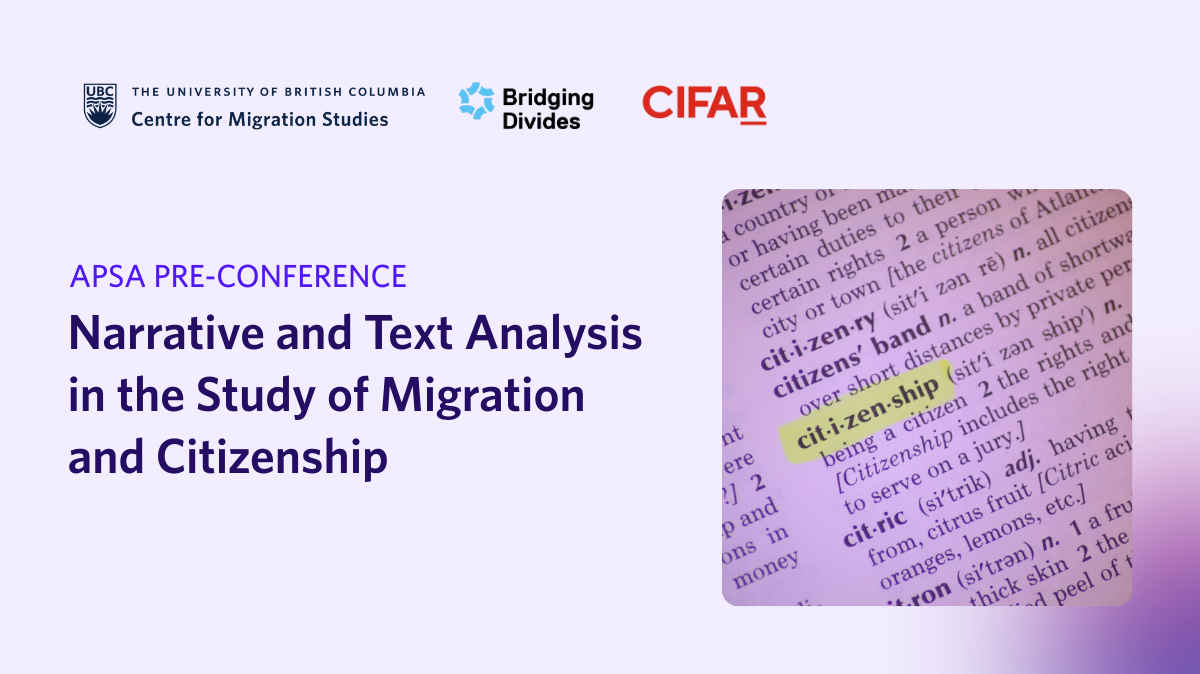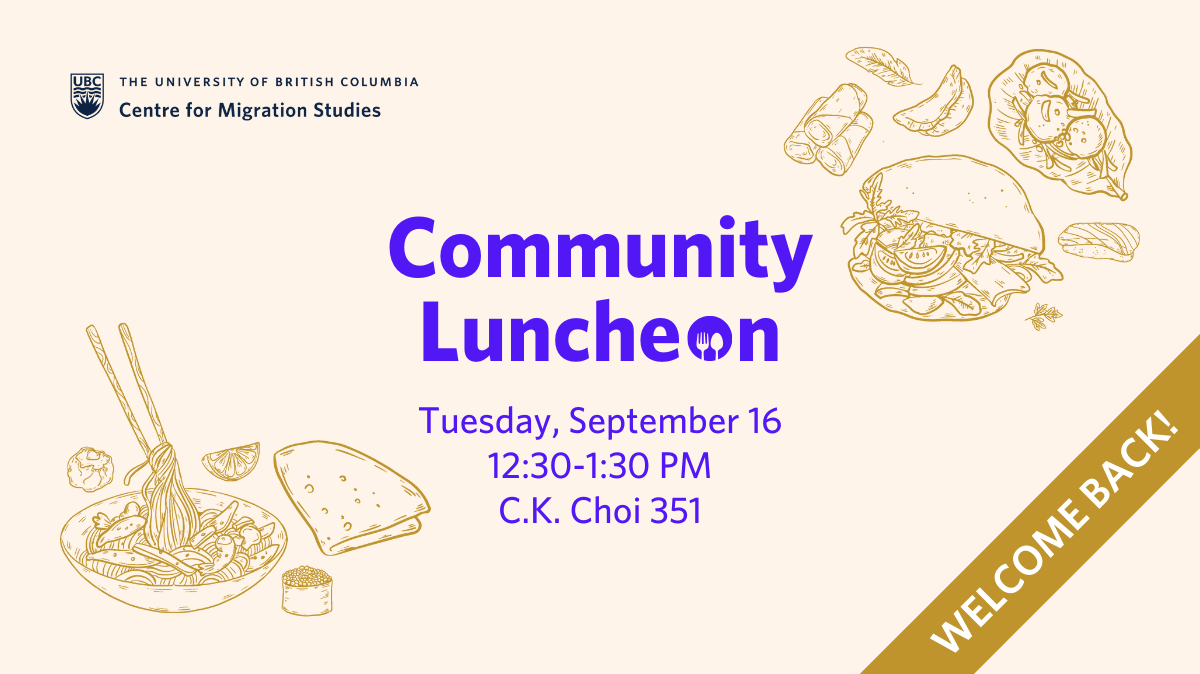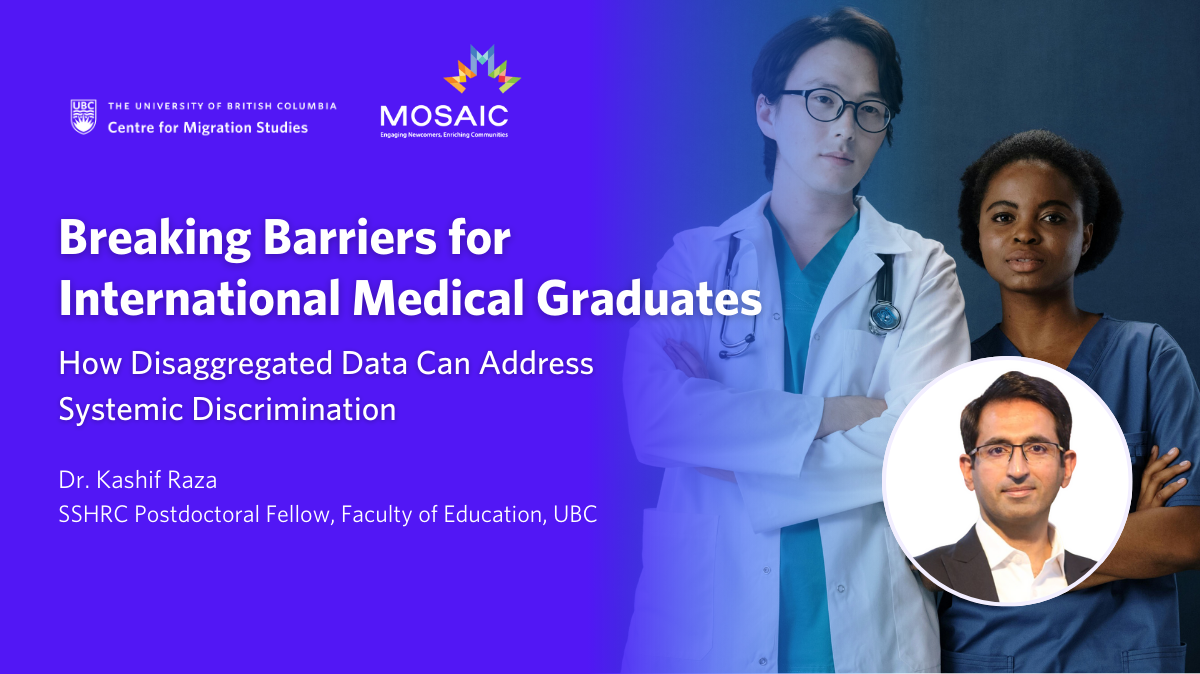The Prospects and Perils of Intergroup Integration
Mathias Kruse
PhD Candidate, Department of Political Science, Aarhus University, Denmark
Thursday, October 21 from 12-1pm
Liu Institute for Global Issues – Boardroom 316


[ Abstract ]
What are the consequences of immigration and increasing ethnic diversity? In this talk, I will give a broad introduction to my PhD-project that focuses on when and why intergroup integration has positive and negative consequences. In many European countries, including Denmark, immigration rhetoric is rough and the debate is polarized. The political right wing predicts that increasing immigration leads to societal collapse, whereas the political left wing sees multiculturalism as a great benefit. If we look towards the academic literature, the evidence on immigration and ethnic diversity is mixed. Some studies find that ethnic similarity makes trust, solidarity and cooperation easier to produce and maintain, whereas others show the importance of intergroup contact to reduce intergroup hostility and improve intergroup equality. Based on these broader debates, I will present my own research that focuses specifically on the ethnic composition in classrooms in Danish schools and how that shapes children and adolescents’ perceptions of themselves and others.
[ Bio ]
Mathias is a PhD candidate in the Department of Political Science at Aarhus University in Denmark. My research focuses on the effects of immigration and ethnic diversity and deals with prosocial behavior, discrimination, well-being and related topics. I work quantitatively and often study the role of ethnic composition in childhood and adolescence. I am affiliated with the TrygFonden’s Centre for Child Research and the Centre for the Experimental-Philosophical Study of Discrimination (CEPDISC) in Denmark.
[ About the Migration Grad Student Power Hour ]
The Centre for Migration Studies Grad Student Power Hour provides opportunities for UBC graduate students to share their research on migration beyond their home departments and network with faculty and students from across the university and in the broader community sector. The Power Hour will begin with 10 minutes of networking opportunities, followed by a 30 minute talk and 20 minutes for discussion. Anyone is welcome to attend. We look forward to seeing you there!
Please RSVP for this in-person event below.


